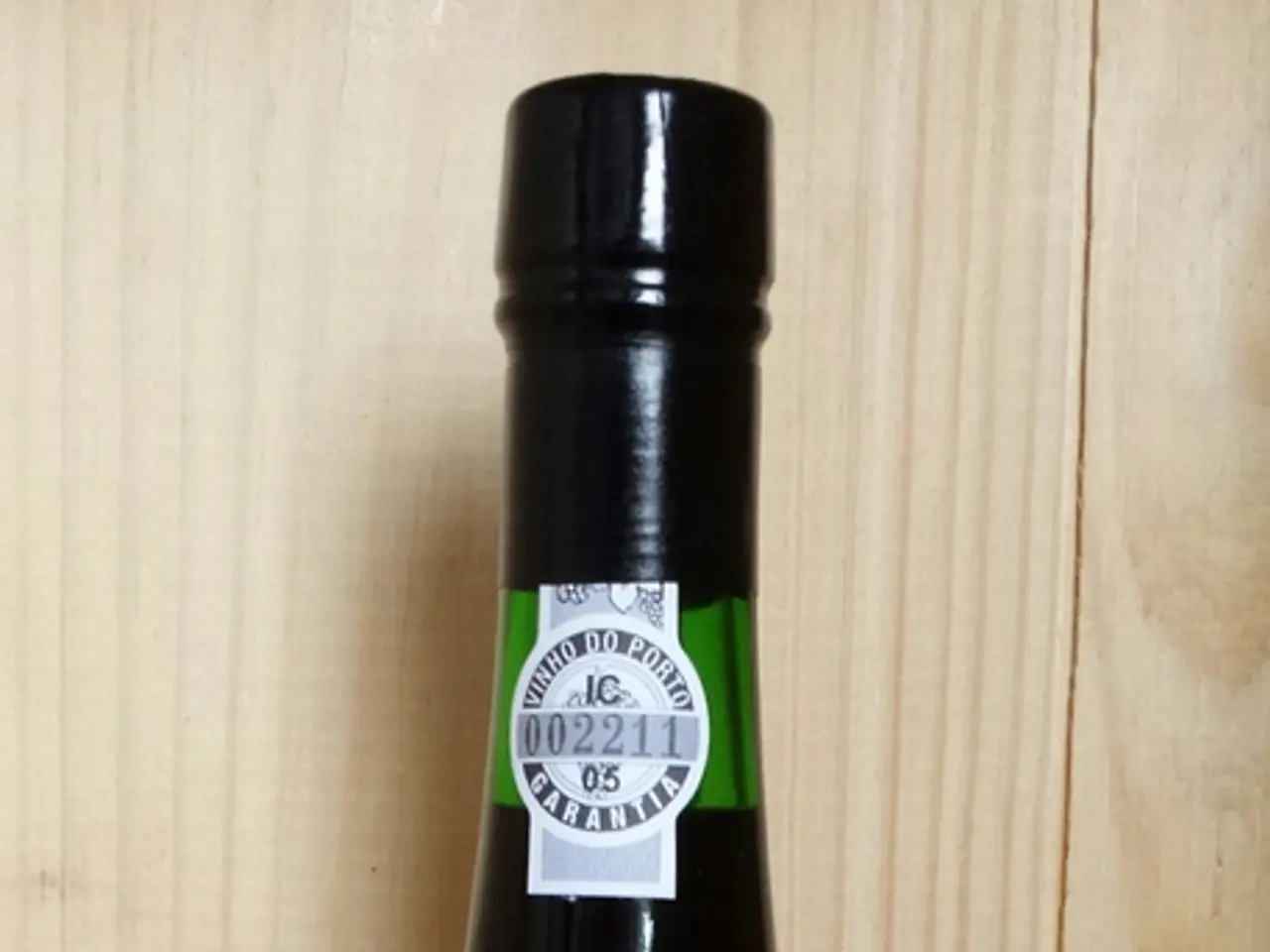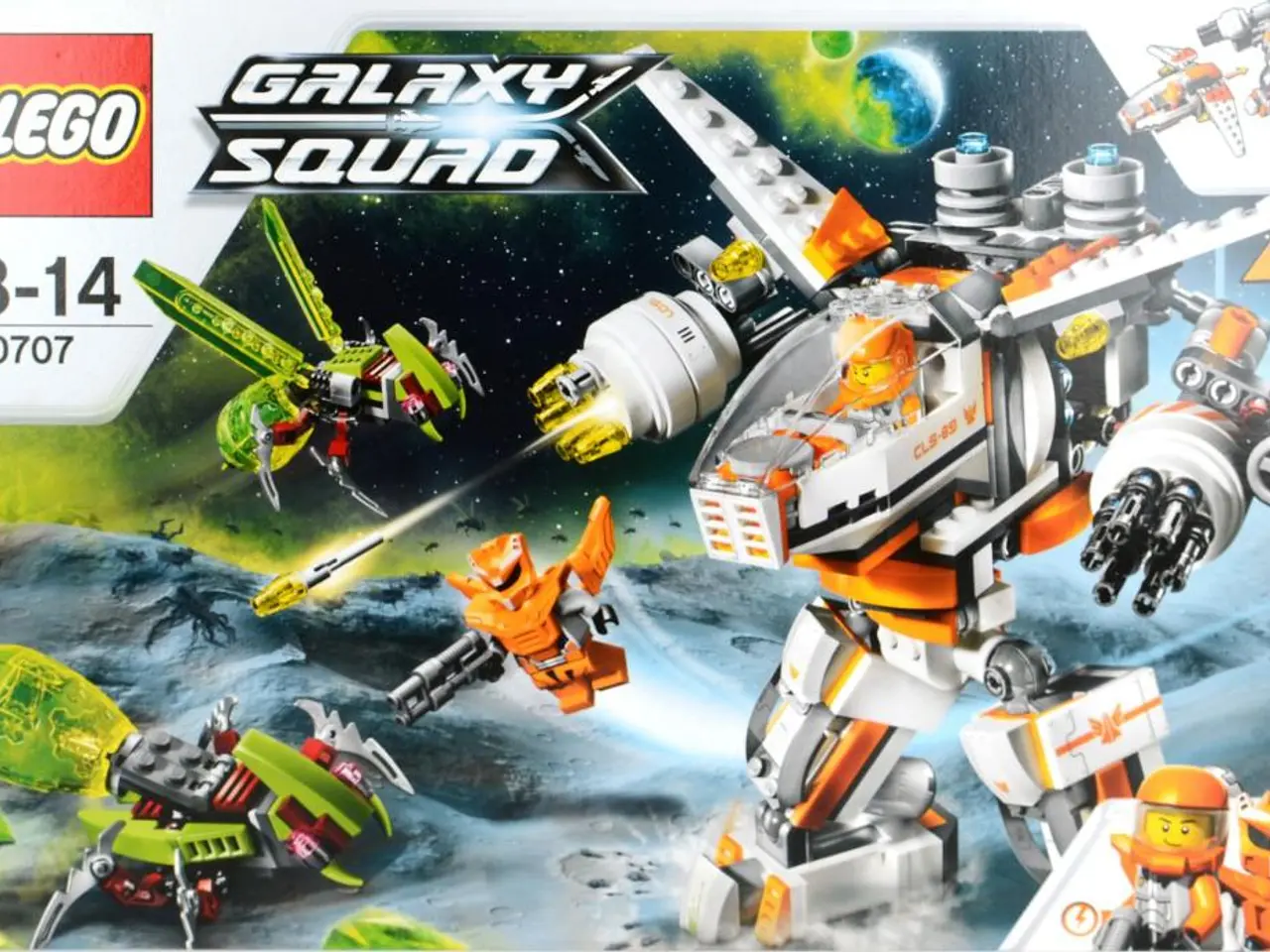Blockchain Technology Used by Naija Liquor to Battle Counterfeit Spirits
Naija Liquor, a leading player in Nigeria's wine and spirits industry, is spearheading the fight against counterfeit alcohol with the introduction of the Liquor Authenticator. This technology-based solution is designed to verify the authenticity of liquor products, offering consumers and stakeholders a reliable means to combat the widespread problem of counterfeit alcoholic beverages in the country.
The Liquor Authenticator works by allowing users to scan a unique code or tag on the product packaging via a mobile app or SMS service. The system then confirms whether the product is genuine and traceable within the manufacturer's supply chain. This functionality is instrumental in addressing public health concerns, revenue loss, and brand trust issues caused by counterfeit alcohol.
Naija Liquor is not only focusing on the technology aspect but also educating consumers and stakeholders about the importance of authentic products. The company's education initiatives include social media campaigns, blog content, and public awareness programmes about fake alcohol.
In addition, Naija Liquor is leveraging blockchain technology to enhance supply chain transparency. Distributors in Nigeria will be equipped with technology that allows them to trace the movement of alcoholic products from wholesale suppliers to retail points. By embedding blockchain technology into distribution networks, stakeholders will gain increased control over inventory and be better equipped to detect anomalies indicative of counterfeit infiltration.
Naija Liquor has been collaborating with producers and distributors to tighten control mechanisms across the supply chain. The company operates around the clock and offers prompt service and secure transactions. The working prototype of the Liquor Authenticator will be released publicly in the near future.
The Liquor Authenticator does not rely on QR codes but instead uses proprietary scanning technology. This technological intervention analyses the molecular structure of each bottle to confirm authenticity. Securing the supply chain, according to Naija Liquor, requires a combination of technological innovation and operational vigilance.
Naija Liquor's efforts are aligned with industry practices using QR codes, holograms, or other digital tags for product authentication and anti-counterfeiting measures. The company has been at the forefront of Nigeria's efforts to eliminate counterfeit alcoholic products and uphold consumer safety by combining advanced authentication tools with blockchain-enabled traceability and comprehensive education.
Feedback from users who have successfully identified and reported fake products is used to fine-tune these educational efforts. External parties will be enabled to manufacture the scanner, allowing wholesalers, retailers, and institutional buyers to test their inventory for authenticity.
Naija Liquor reiterated its mission to rebuild consumer trust in Nigeria's wine and spirits industry. The company is positioning itself as a champion in the fight against counterfeit alcohol, aiming to protect consumers from potentially harmful counterfeit liquor, support regulatory enforcement efforts, and enhance brand integrity and consumer confidence in the Nigerian wine and spirits sector.
- Naija Liquor is using technology to combat counterfeit alcohol by introducing the Liquor Authenticator, a system that verifies the authenticity of liquor products and offers a reliable means for consumers and stakeholders to fight the issue.
- In addition to the Liquor Authenticator, Naija Liquor is employing blockchain technology to enhance supply chain transparency, with the goal of providing stakeholders increased control over inventory and aiding in the detection of counterfeit infiltration.




